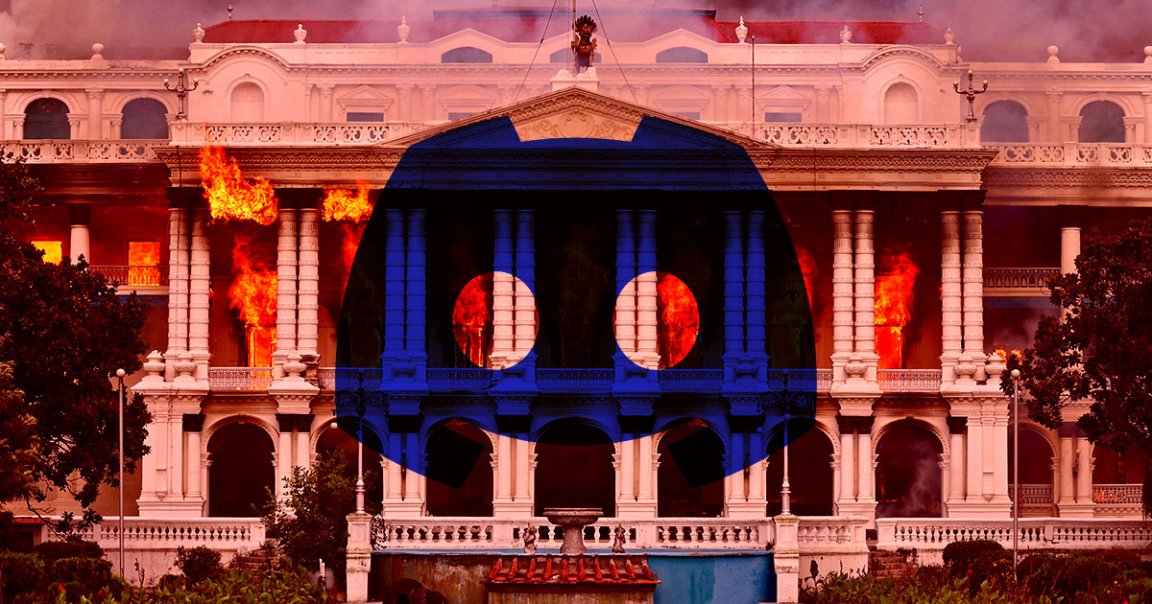
Nepal’s government collapsed this week following an ill-advised attempt to ban social media outright.
The lifting of the social media ban on Monday was unable to quell a surge in anger. Youth-led groups of disaffected “Gen Z” activists clashed with police in the streets of the capital, Kathmandu, protesting growing wealth inequality and government corruption.
Over 50 people were killed in the clashes as angry crowds set government buildings ablaze, forcing prime minister Sharma Oli to resign on Tuesday.
Ironically, social media — one of the core aspects of this week’s clashes — has turned into an important forum as protesters looked to elect a new leader. As the New York Times reports, young people are using Discord, a group chat platform conventionally used for playing video games, to debate Nepal’s fate — and future leader.
“The Parliament of Nepal right now is Discord,” a 23-year-old content creator told the newspaper.
It’s not just a backroom conversation — the combination of voice, video, and text chats was reportedly being discussed on national TV, yet another wild demonstration of the power of social media during periods of civil unrest.
According to the NYT, the Discord group’s widespread support of Nepal’s former chief justice, Sushila Karki, had grown palpable by Wednesday, the day after Oli was ousted.
One server, dubbed “Youth Against Corruption,” accumulated more than 145,000 members.
Discord polls put Karki at the top of the list.
“The point was to simulate a kind of mini-election,” Shaswot Lamichhane, a channel moderator and recent high school graduate, told the NYT.
Despite plenty of chaos and organizers struggling to tamp down calls for violence, the young protesters’ arguments appeared to have been convincing. Karki became the nation’s first female prime minister earlier today following dialogue between protest and government leaders.
Crypto markets prediction platform Polymarket called Karki the “first world leader elected via Discord.”
“I think I just witnessed the first internet-native revolution,” one user on the Discord server wrote, as quoted by The Street.
While it’s a particularly powerful example of the influence of social media, Carnegie Endowment for International Peace social movements expert Steven Feldstein told the NYT that the tech may be less successful in creating a “stable political structure in the long term.”
Analysts are now calling on the international community to back an interim government.
“Nepal’s closest neighbours, China and India, should support the restoration of democracy and civilian order, and the dialogue among all political forces in Nepal,” Nepal’s Centre for Social Inclusion and Federalism executive chairman Vijay Kant Karna told the South China Morning Post.
“Meanwhile, all democratic talks should be held at the president’s residence, not at the army barracks,” he added.
More on Discord: Students Hospitalized After Hackers Send Horrifying Pictures